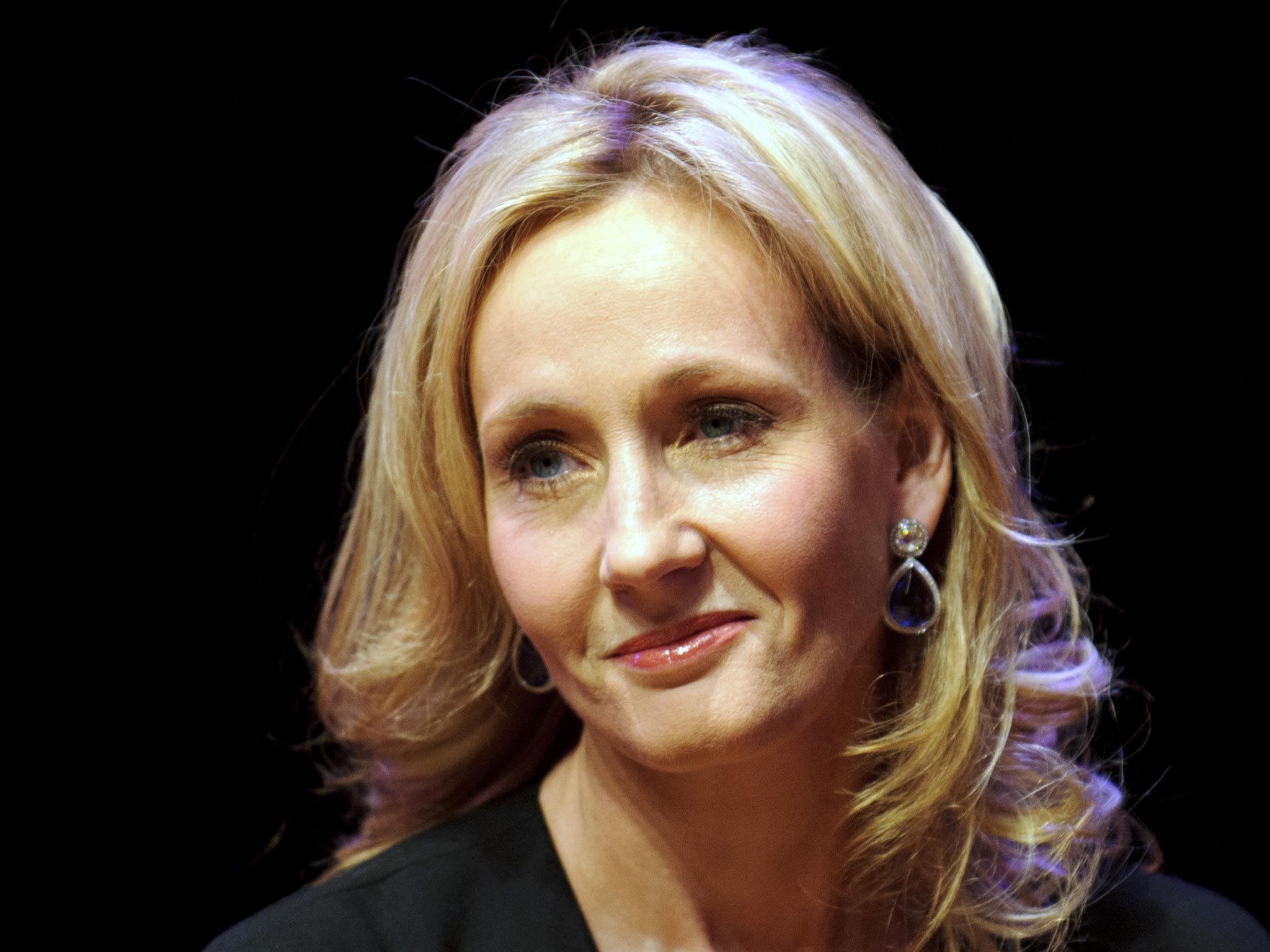Does reading Harry Potter help children grow up to be LGBT friendly?
New research suggests story reading is a powerful way to improve attitudes towards stigmatised groups such as LGBT people and immigrants

The magic of Harry Potter stretches far beyond platform 9 ¾ and Hogwarts – it could help children to grow up more accepting of LGBT people and out-groups.
A new study suggests reading JK Rowling’s best-selling Harry Potter stories improves attitudes toward stigmatised groups such as LGBT people, immigrants and refugees, because of the process of “perspective taking” that children undertake during the stories.
It is young people’s identification with Harry’s character – and in not identifying with the negative character of Voldemort - that researchers found reduced the bias towards “out-groups” such as LGBT people and immigrants.
Researchers from four different universities collaborated for the study, examining the changing attitudes of primary, secondary and college students who knew the Harry Potter stories.
Bigotry is a continuing theme in the novels, which is addressed through the evil of Voldemort’s character and his suggested parallels with Nazism in his unacceptance of “mudbloods” or non-pure blood magicians. It is addressed further still through other magical creatures such as goblins or house elves who are treated as insignificant or unworthy beings because of who they are.

The researchers point to Harry’s character making concerted efforts to “understand them and appreciate their difficulties,” which chimes with what Ms Rowling has said about the books herself, while also admitting that she had always thought of Dumbledore as gay.
Ms Rowling has previously said: “I wanted Harry to leave our world and find exactly the same problems in the wizarding world. So you have the intent to oppose a hierarchy, you have bigotry, and this notion of purity, which is this great fallacy, but it crops up all over the world”.
The greatest magic of Harry Potter: Reducing prejudice, published in the Journal of Applied Social Psychology, found that across several studies conducted, the children and young people who read and discussed sections of the books that dealt directly with prejudice showed “improved attitudes” towards immigrants or gay people if they identified emotionally with Harry’s character.
Dr Loris Vezzali told The Huffington Post: “I and my colleagues think that empathic feelings are the key factor driving prejudice reduction."
"Attitudes of young children are more malleable and so it should be a priority of educators to tackle prejudiced attitudes from a younger age, when attitudes are still not 'too resistant to change’."
Join our commenting forum
Join thought-provoking conversations, follow other Independent readers and see their replies
Comments